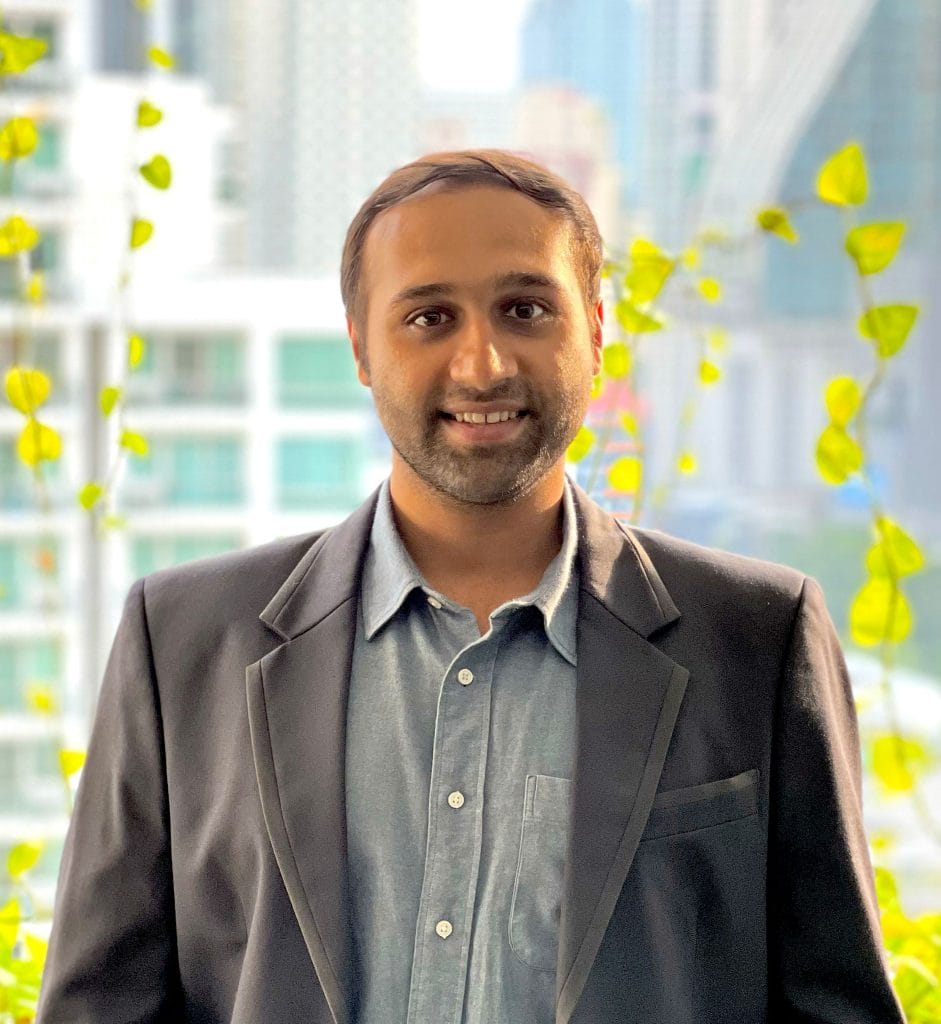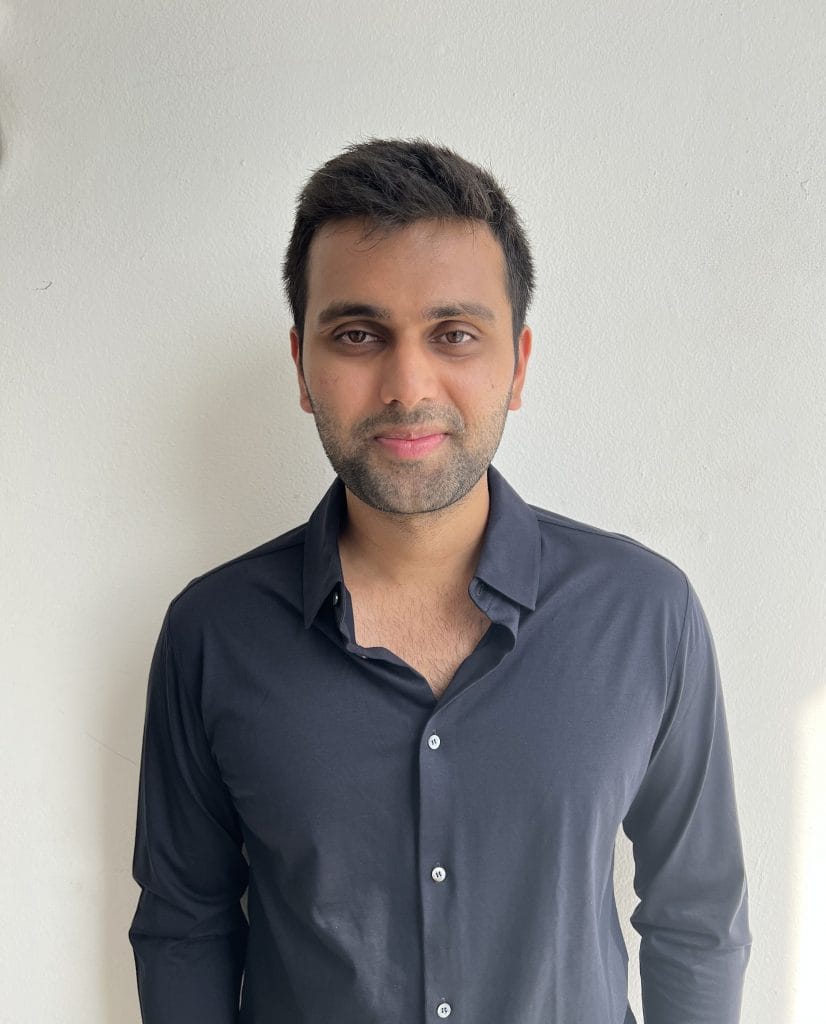Plus, members of the community weigh in.
By Aiden Jewelle Gonzales
“You can’t spell healthcare without THC,” is one of many pithy aphorisms that have gained traction now that society is slowly embracing the benefits of cannabis, and Thailand has been no exception. Ever since it became the first country in Asia to permit the use of medical marijuana in December 2018, Thailand has been at the forefront of cannabis acceptance in the region. In June 2022, Thailand’s Food and Drug Administration (FDA) removed all parts of the cannabis plant from the Category 5 narcotics list, allowing people to grow and consume the product in the privacy of their own home.
As a tropical country with the perfect climate for growing cannabis, one of the most sustainable plants in the world, Thailand is poised to become an economic powerhouse because of this landmark decision. The ruling also saw over 4,000 people imprisoned for cannabis-related offences released and their charges dropped, and money and cannabis seized during those offences returned. One million free cannabis plants were also distributed to households across the country starting 9 June, to kick- start this budding industry.
However, as with any new legislation, the specific rules and regulation can be a little unclear, so we’ve put together a handy guide that will give you the ABCs of CBD and THC regulation.
Now legal:
- Growing cannabis in your own home for recreational or commercial purposes:
- There are no restrictions on the amount that you can grow
- Register via the PlookGanja government app, or your provincial public health office
- You will need a Thai ID to apply, so for now, it seems like growing cannabis is restricted to Thai citizens
- Creating/producing and consuming cannabis products with less than 0.2 percent THC
- Using cannabis for medical purposes
- Being in possession of medical cannabis up to the amount needed for 30 days of use
- Using cannabis for recreational purposes within your own home (yes, this includes smoking marijuana)
Still illegal:
- Using or creating cannabis products or extracts that have more than 0.2 percent THC (note that this may include many edibles)
- Smoking cannabis in public places where the smell can be considered a “public nuisance.” Violation of this rule can still result in a three-month jail sentence or THB 25,000 fine
- Consuming or owning cannabis plants or products if you are under 20, unless you have medical authorisation from a doctor
- Selling cannabis to individuals in certain categories, including people who:
- are pregnant or are currently breastfeeding
- are under 20 years old
- Transporting cannabis in and out of the country
- The production, sale, import, export, or possession of cannabis by foreign corporations, or companies with a majority-foreign ownership
Reactions and new caveats that have been announced over the last few weeks:
- All schools under the supervision of the Bangkok Metropolitan Administration (BMA) will continue to be cannabis-free zones
- The use of cannabis (medical or recreational) has been banned for pilots, air-traffic controllers, and flight dispatchers, by the Civil Aviation Authority of Thailand (CAAT)
- Anyone in the Royal Thai Armed Forces has been prohibited from using cannabis
- An MP has requested that cannabis use be banned in parliament
- Japan has specifically warned Thai tourists to avoid bringing any cannabis products (including hemp products) to Japan
Cannabis-related incidents since the ruling:
It’s important to note that while many health professionals agree that you cannot fatally overdose from cannabis, the drug can still have side effects, especially when you are consuming higher amounts of the psychoactive component, THC. Some people may also have allergic reactions to the drug, so the Thai government has discouraged those who have not used cannabis before from consuming it recreationally. Since cannabis’ legalisation in Thailand, four people have been admitted to the hospital for treatment from cannabis consumption, with one dying from heart failure. However, no one knows how much cannabis they consumed, or whether they had any other underlying conditions at the time.
Community members weigh in on this high-stakes ruling:
DIVESH TANWANI
Social Media Manager at Cryptopia
Thailand is being extremely progressive by legalising cannabis nationwide, and they’re even ahead of many western nations in that respect. They should, however, be more thorough in communicating the specifics of the law. The new regulations were unclear to me initially, until I visited a cannabis dispensary and spoke to the owner there.
In my opinion, there are many benefits to using cannabis, more than can be stated. Some crucial medicinal ones are: anxiety control, preventing epileptic seizures, coping with ADHD, and lowering blood pressure, just to name a few. Personally, I use cannabis as it helps me focus in-depth, while researching, digital designing, and doing other mentally-intense tasks.
I see the industry only growing from here and getting mainstream adoption, and I believe Thailand has the potential to be the cannabis leader in Asia. While the legalisation of cannabis is commendable, moving forward, the country will need experienced officials to regulate this industry, both for medicinal and recreational use. The current regulations still feel a bit too raw, and more polishing is definitely still required.
AZMAIN ADEL
Student at Stamford International University
Being a stoner myself, I’m quite happy that cannabis is finally legal in Thailand. I do think the law has been outlined and explained properly – anyone can register with the government by mobile application, and after that they can cultivate the plant at home, although professional farmers still need to submit permits to the government. The cause of issues is cannabis abuse, which is not the goal of legalising the usage of the plant. The goal of the authorities is to increase growers’ profits by promoting cannabis for medical purposes.
Although I personally use cannabis for recreational purposes and for my sleeping disorder, cannabis may also be helpful in treating several illnesses, according to research that has been conducted over the years. These include social anxiety, depression, post-traumatic stress disorder, chronic pain, epilepsy, and multiple sclerosis.
I have a lot of ‘high’ hopes for the future: more weed dispensaries, cafés, and bars, and hopefully no one will be sent to prison anymore for possessing a cannabis plant, so many foreigners won’t have to worry about having to pay the Thai government a lot of money, or spending time in a Thai prison.
SOMIL SAWANSUKHA
Co-Founder, Eastern Spectrum Group (one of Thailand’s leading cannabis and hemp companies)
Being the only Southeast Asian country to legalise cannabis, I think the Thai government clearly recognises the economic and social benefits of cannabis and hemp. The legalisation and its removal from the narcotics category have created a lot of positive awareness of the plant and the benefits it can bring to people’s daily lives. While the cultivation and production laws are outlined very well, the government is currently working on creating a sustainable framework for the consumption and distribution aspect, which we should see announced later this year.
There has been an increasing number of clinical studies describing the benefits of both CBD and THC products among users. To name a few where I have personally seen it help people is in managing stress and anxiety, sleep, and relieving chronic pain. The main function of cannabis products is to bring the different functions of the body to an equilibrium state without having harmful side effects or addiction. Every so often, we hear miracle stories of how cannabis helped patients medically when all other modern medicine didn’t provide relief, which only reaffirms our company’s purpose to make these products as accessible as we can.
I believe Thailand is moving in the right legislative direction and the adoption of cannabis products is increasing day by day. With the right infrastructure and government support, the industry here definitely has the potential to become a major export player as well as a medical tourism hub for high-quality products. That being said, the country still needs to improve its testing and product analysis requirements to avoid any bad actors or sub-par products entering the marketplace. This leads to the need for widespread education on the potential benefits of hemp and cannabis if the products are identified correctly. At ESG, we are committed to keeping our supply chain transparent to reassure our customers that their products are sourced from a safe place.









